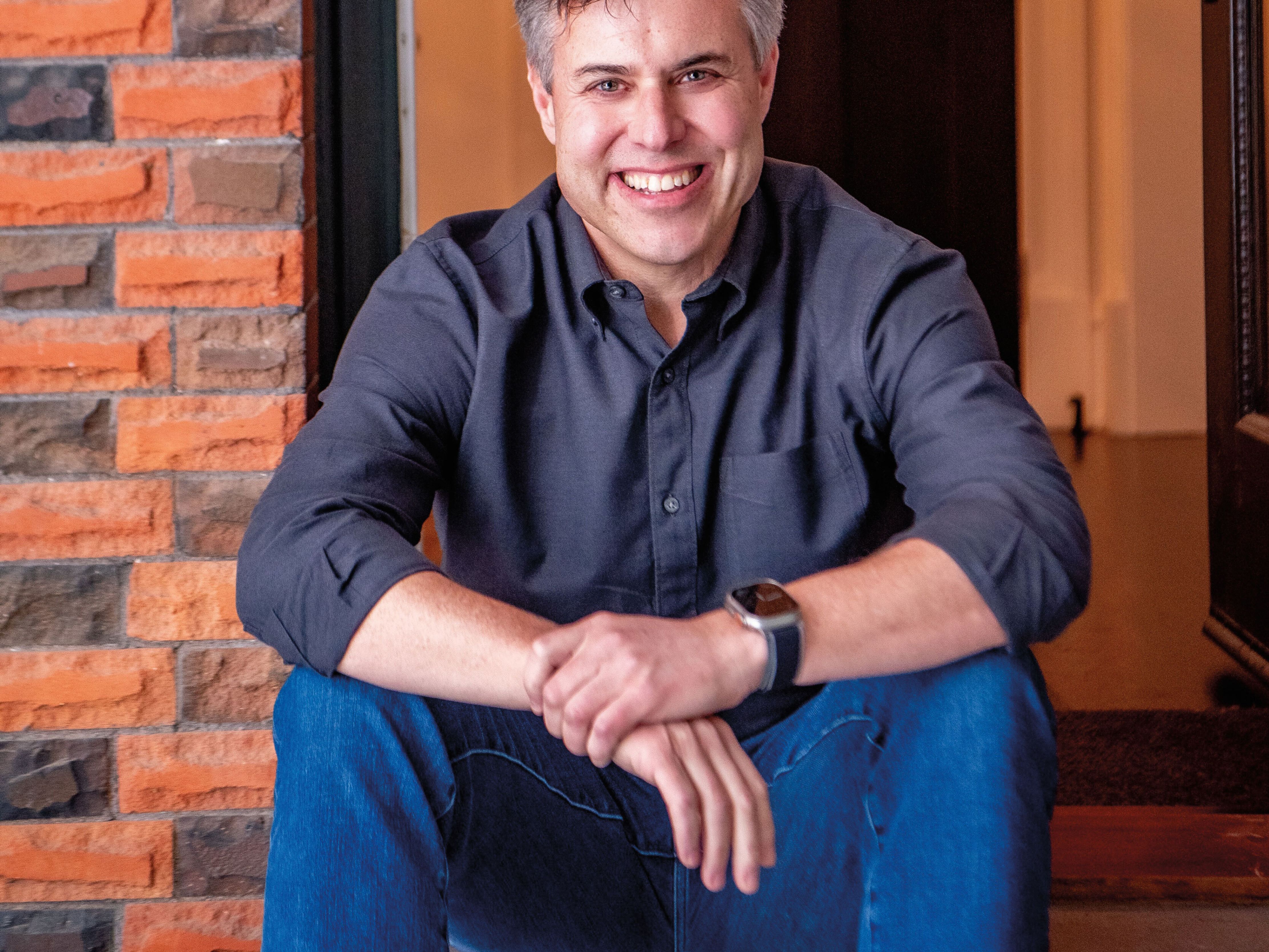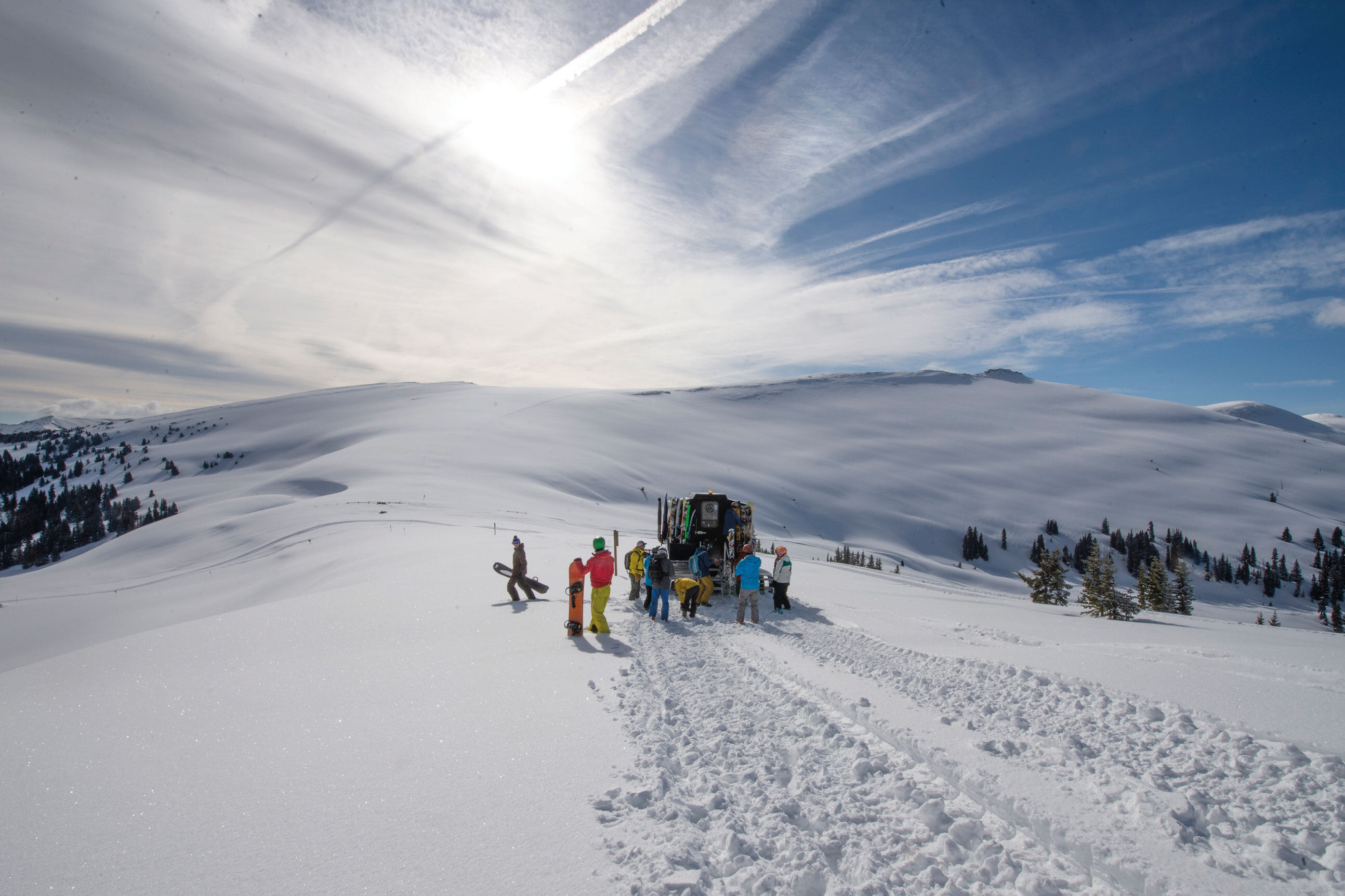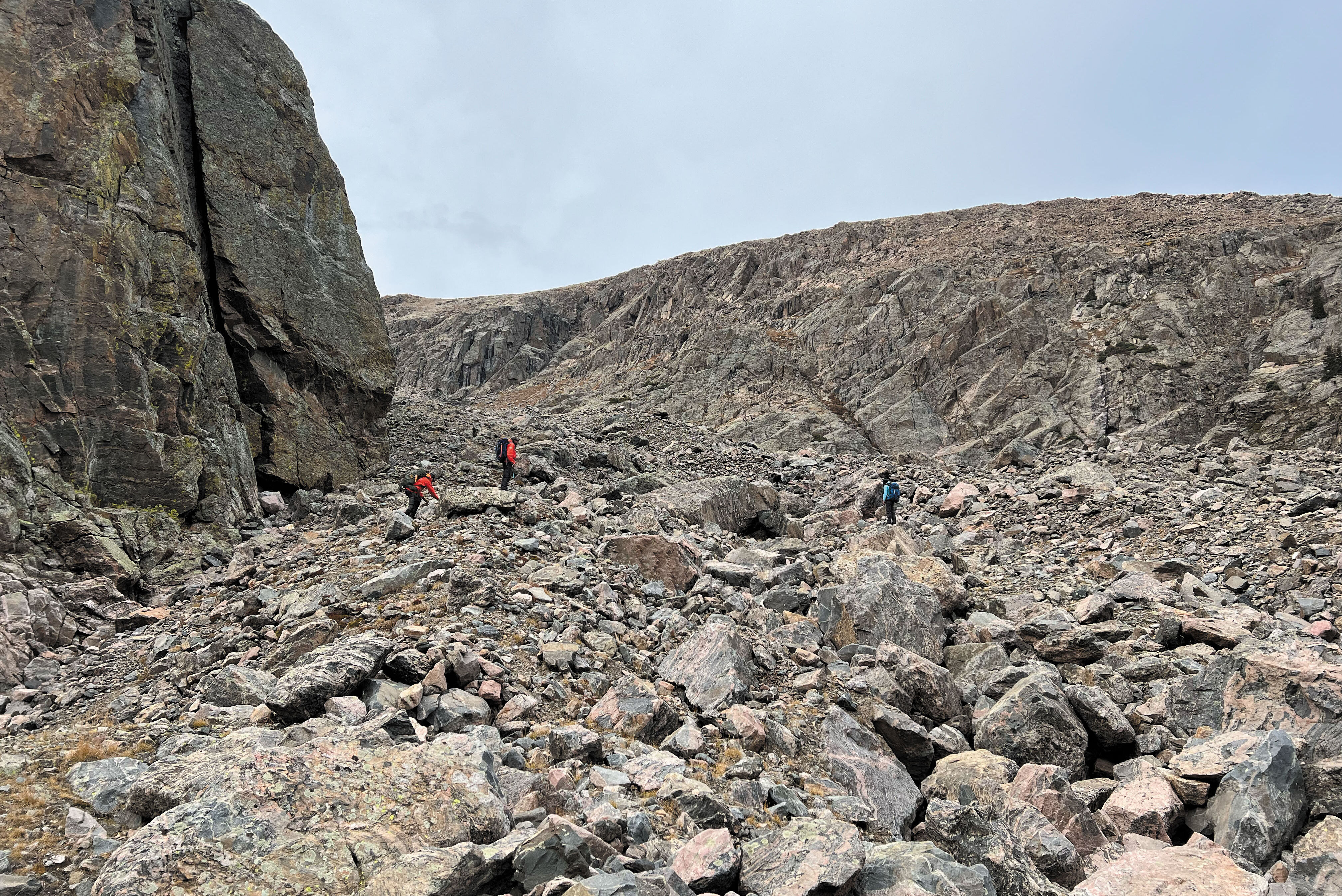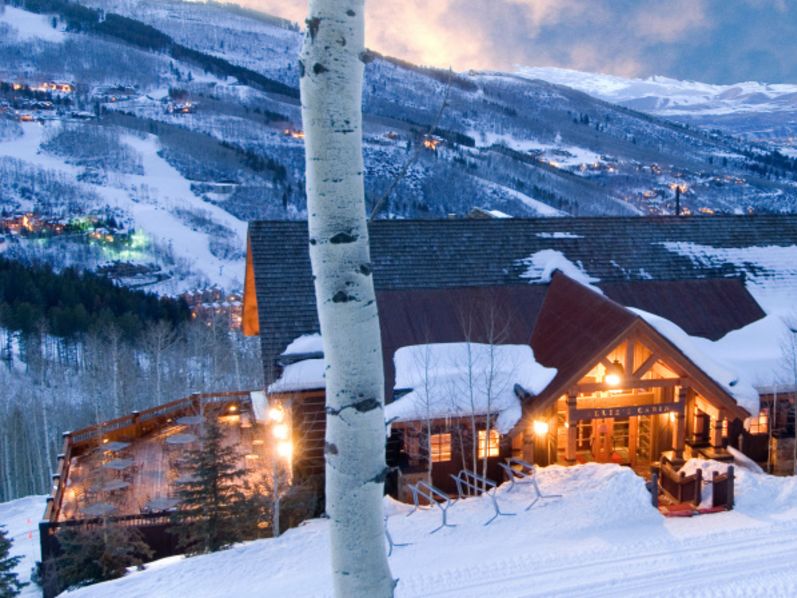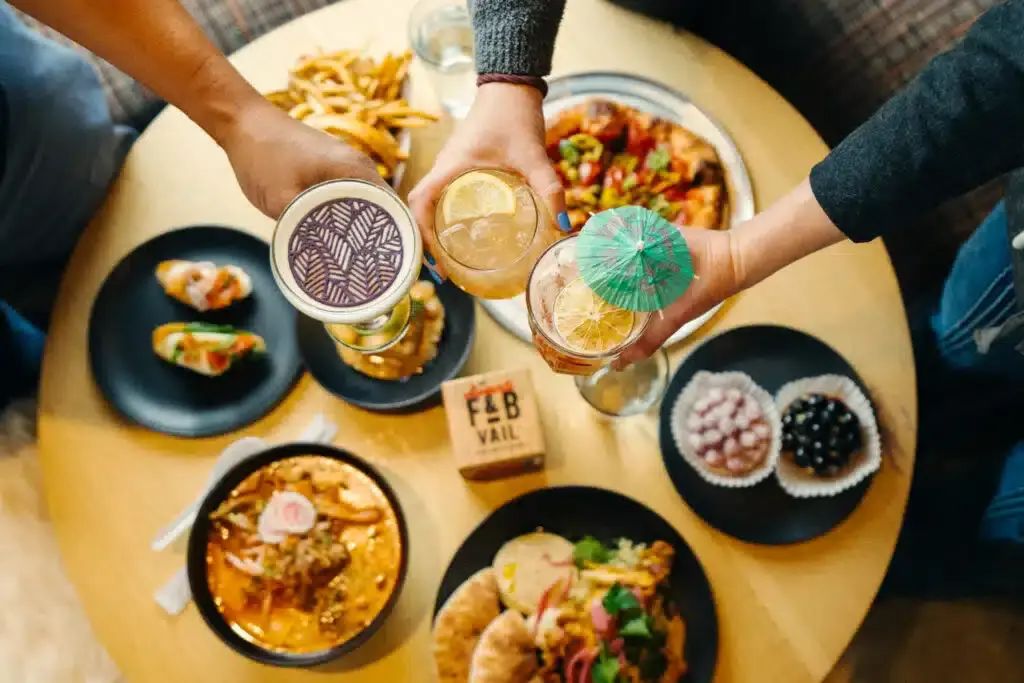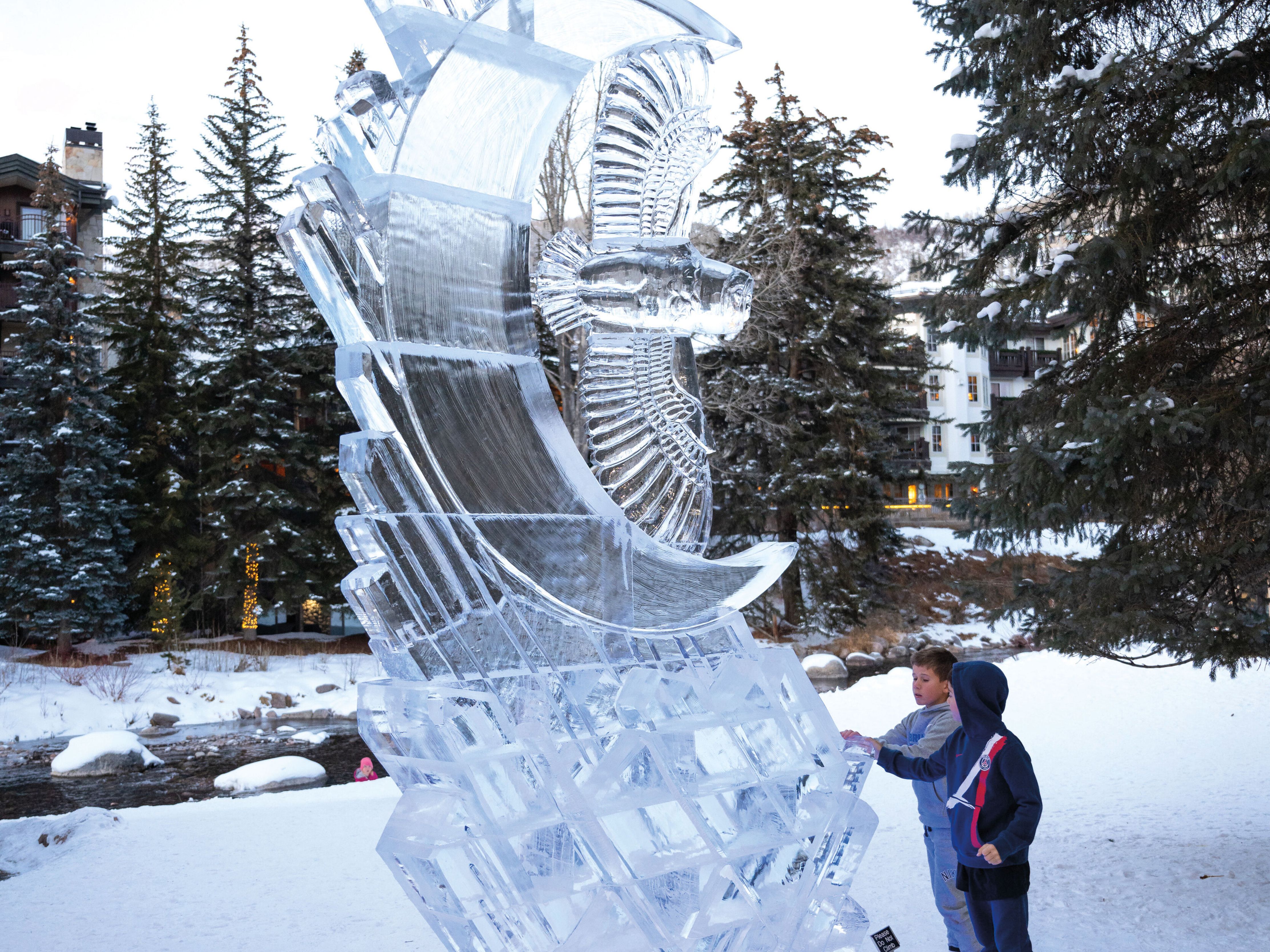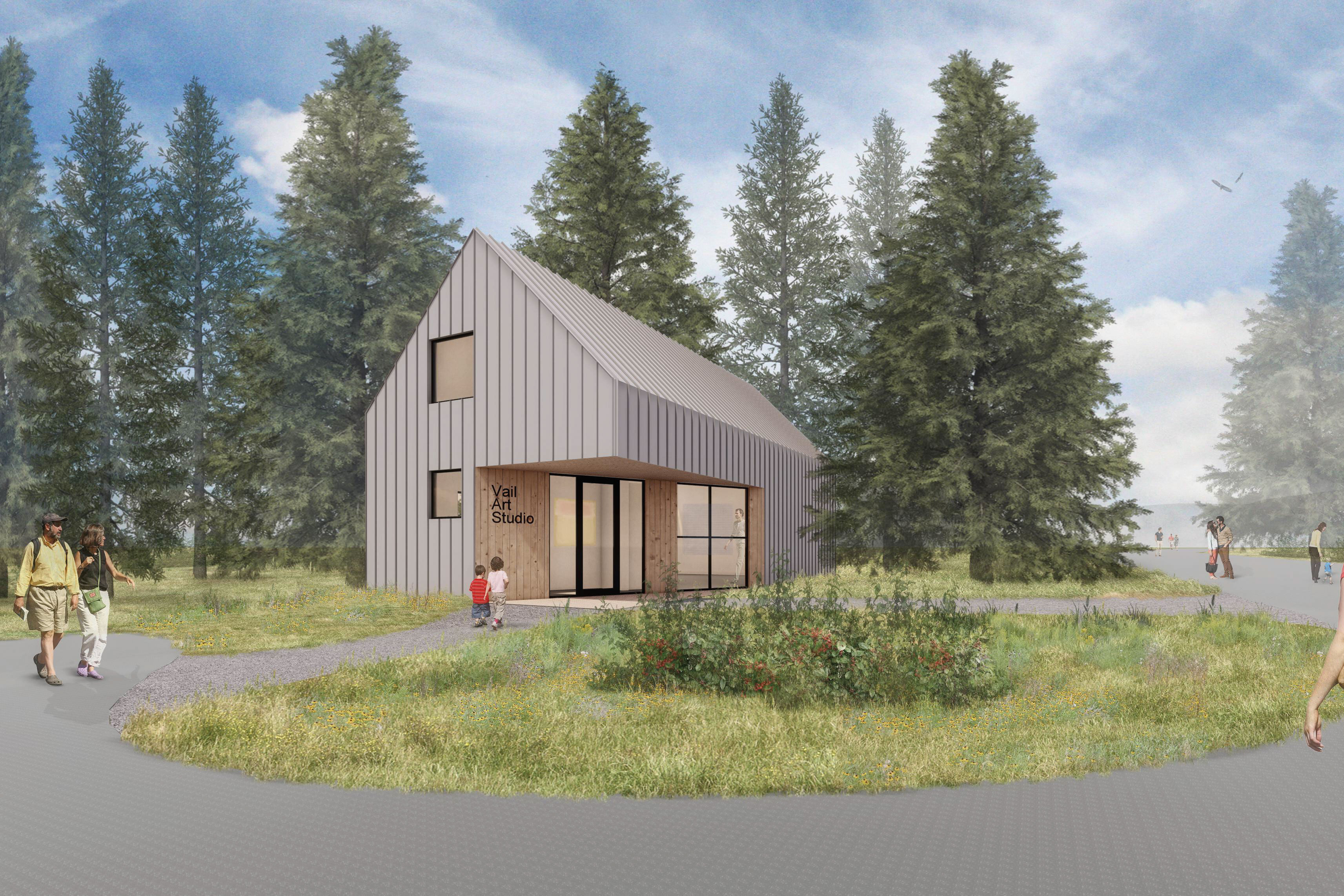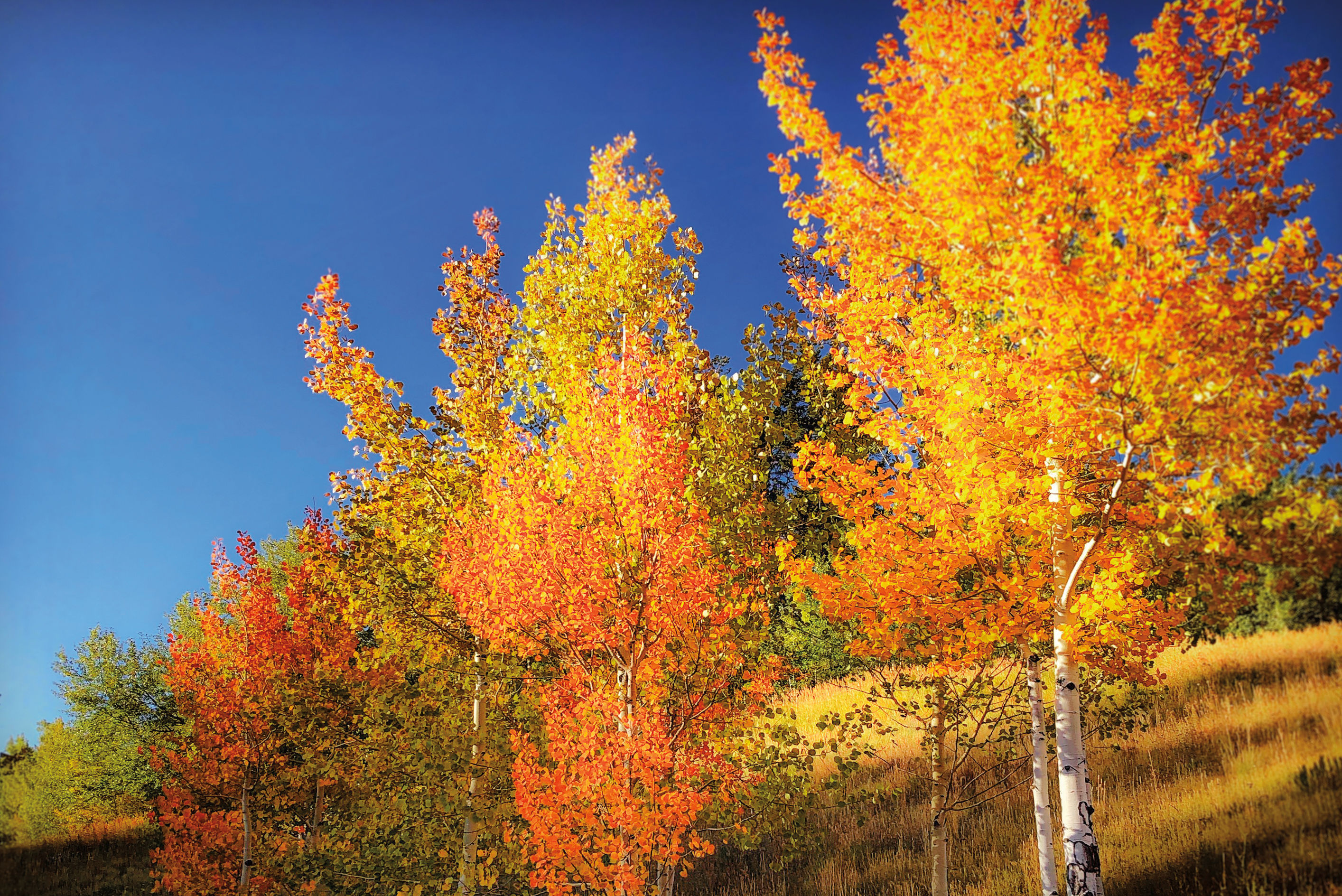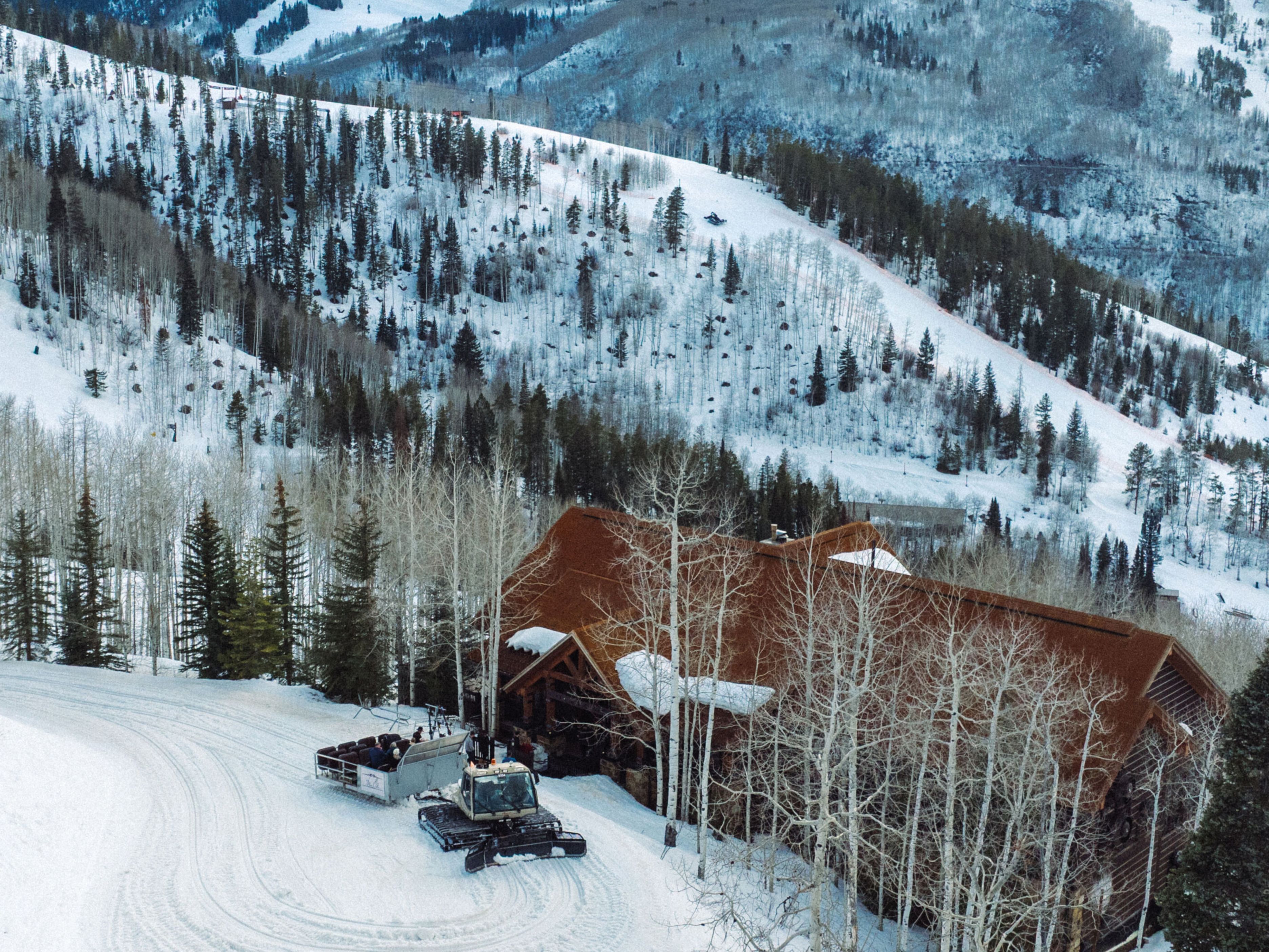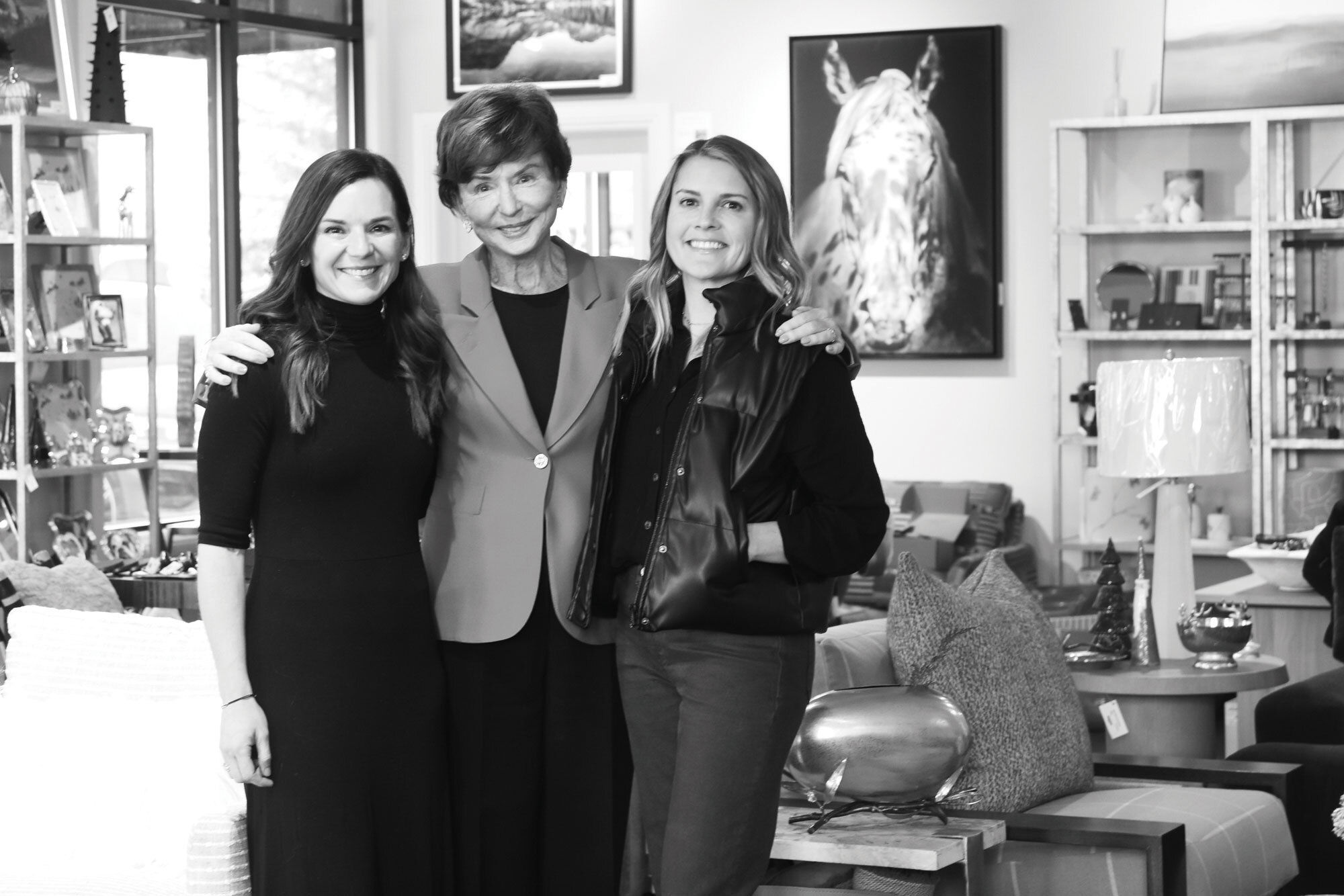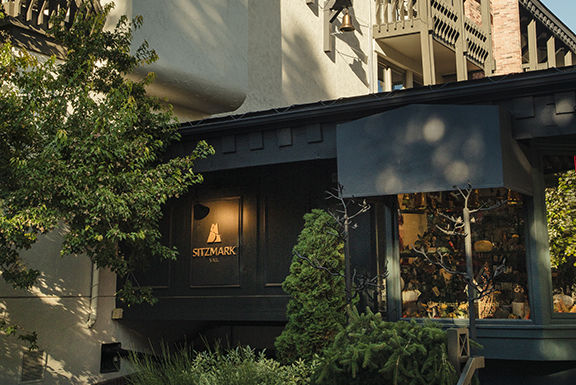New Beginnings
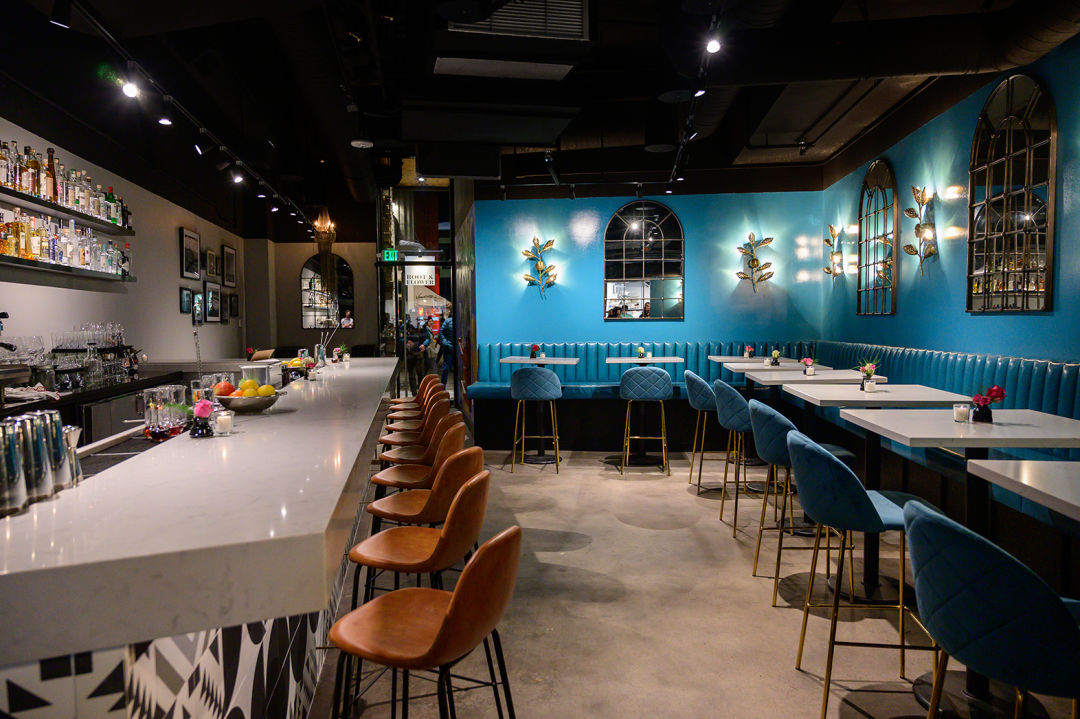
Root & Flower's gorgeously appointed dining room emptied in mid-March when the pandemic hit just a few weeks after entrepreneur Sam Biszantz and her partners debuted the expanded space on Bridge Street.
Image: Charles Townsend Bessent
For business owners in Vail Village, darkness fell on March 14, the day the resort’s lifts stopped turning, by order of the governor. “Everyone always jokes, what if there wasn’t a ski mountain, would this town survive?” Samantha Biszantz, co-owner of Root & Flower told me in June. “This is giving us a taste of that.”
Since Biszantz and a trio of Restaurant Kelly Liken veterans opened the village’s first wine bar in 2016, they had been waiting for the day when they would relocate the business from its 28-seat incubator stall on Wall Street into a space it deserved on the village’s main drag. That day finally arrived on February 28, when the quartet of entrepreneurs debuted a gorgeously appointed 70-seat, full-fledged restaurant on Bridge Street. Crowds from the Burton US Open filled almost every bar stool, chair, and booth all weekend. For two weeks, Root & Flower surfed a wave of success. Then everything crashed to a halt. After an employee tested positive for coronavirus, the doyenne of the village’s culinary scene, Sweet Basil, closed on Friday, March 13. On March 16, Root & Flower also went dark.
“It was heartbreaking,” said Biszantz, a business-savvy restaurateur who studied culinary management at San Francisco’s Le Cordon Bleu College of Culinary Arts. “We worked so hard to get open and have a last push for the winter. Nobody understands what it’s like to be a restaurant owner in this time. The financial implications of this are huge.”
For starters, the business partners had inked a 10-year lease, and rent was due. So they innovated. Like Sweet Basil, instead of takeout, the restaurant delivered finish-at-home gourmet dinners. (Executive Chef Matt Limbaugh’s pillowy beef/pork/veal meatballs braised in a complex daylong-simmered red sauce—paired with pre-batched negroni and boulevardier cocktails and an exceptional bottle of 2016 Vespolina from Piemonte’s Bramaterra region—will forever be a highlight of my quarantine.) The wine bar’s series of Friday evening virtual wine and spirit tastings—which sommelier Jeremy Campbell hosted via Zoom after delivering samples in 8-ounce mason jars—sold out practically every week; one Instagram follower hired the bar to throw a Zoom tasting birthday party for 22 friends scattered from San Francisco to Boston to London, with bottles Campbell sourced to local wine shops. When the county public health order relaxed to allow dining rooms to open at half capacity on May 25, Biszantz seated a party of eight, Zoom tasting regulars who met each other in person for the first time, over a socially distanced meal on Bridge Street.
“Aside from the insane amounts of financial stress, it’s been a really great two months to be here,” said Biszantz, noting how convivial the newly reopened village seemed with restaurants allowed to move tables onto the streets and the town’s open-container law relaxed. “The community is coming together in so many different ways. Everyone has been forced to think differently about their business, and the town has been forced to get more modern with its thinking,” she continued.
“I’ve been meeting so many people at the bar from New York and Connecticut and Texas who’ve told me, ‘Now that I’m working from home, why am I in a high-rise apartment when I could be living in the mountains?’ I wouldn’t be surprised if we get an influx of new blood, people with higher incomes and new ideas. I’m excited to see what happens.” When our valley, like the whole world, emerges from a restless slumber, into the promise of a new beginning.
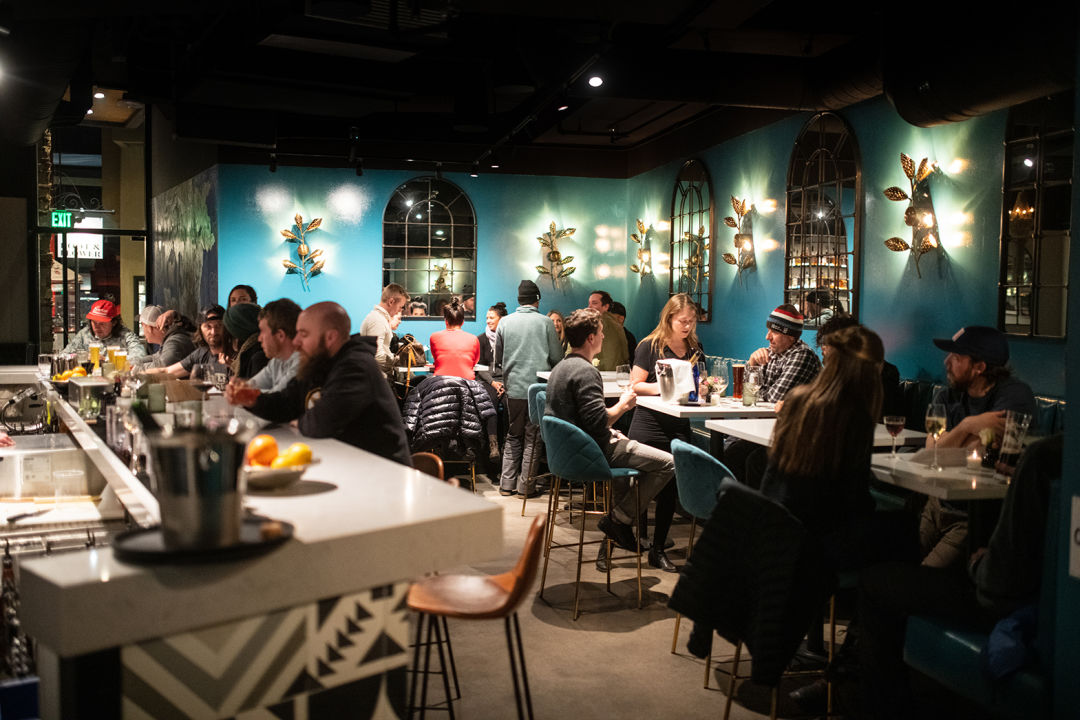
Image: Charles Townsend Bessent

